Beginners Guide to Halal and Haram Ingredients in Personal Care Products
This post probably contains affiliate links. Which means I may earn a commission if you use them at no cost to you. Please read our boring disclosure for more info.
Are you new to shopping for halal products and have absolutely no idea where to begin?
I get ya, sister!
Before reverting to Islam, halal just meant food to me. Now I’m learning it can be applied to so many of the products we use every single day.
So in this article, I’m going to break down the ingredients you should be most aware of to live a halal lifestyle. You’re going to learn:
- Meaning of halal and haram from the Quran
- Good, bad, and dangerous alcohols
- Ingredients you should or may want to avoid
- The reason for choosing cruelty-free and vegan products as a better alternative
This information is based on my own research and personal experiences. I’m hoping that my endless investigations into ingredients will help you choose the best products for yourself, your home, and your family.
What do Halal and Haram mean in Islam?
As a Muslim, one of the first things you learn is the meaning of halal and haram. To put it simply…halal is what is permissible and haram is non-permissible.
To break it down further it is those things that we Muslims can and cannot eat drink, or use.
This passage in the Quran explains it better:
“He has only forbidden you carrion, blood pig’s meat, and animals over which any name other than Allah has been invoked. But if anyone is forced to eat such things by hunger, rather than desire or excess, he commits no sin: Allah is most merciful and forgiving.” (Quran 2:173)
However, with the advancement of chemistry and technology, it’s difficult to know the actual ingredients in a product. Let alone whether it’s halal or haram.
Is all alcohol considered Haram in Islam?
As a Muslim, you are taught that alcohol is haram.
Period…end of the story, right!?
But…
Not all alcohol is haram. Many alcohols found in cosmetics and personal care products are found in nature. In my research, I’ve determined that alcohol can be broken down into three groups.
- Halal or good alcohol
- Haram alcohol
- Dangerous alcohol
Note: I’m not a chemist or expert in this field but this is what I’ve found.
Halal or Good Alcohol
These alcohols are found naturally in waxes, vegetable oils, animal fats, and essential oils. Since these types do not cause intoxication they are acceptable to use as a Muslim.
Fatty Alcohol
- Decyl alcohol
- Decyl Lauryl alcohol
- Lauryl alcohol
- Lauryl myristyl alcohol
- Lauryl cetyl alcohol
- Lauryl stearyl alcohol
- Myristyl alcohol
- Cetyl alcohol
- Cetyl stearyl alcohol
- Stearyl alcohol
- Octyl decyl alcohol
Aromatic alcohol
- Tryptophol
- Tyrosol
- Phenethyl alcohol (Phenylethanol)
- Benzyl alcohol
Isopropyl Alcohol
Isopropyl alcohol, aka rubbing alcohol is also halal. It is considered secondary alcohol that is toxic if ingested. It can be found in hand sanitizers, used as a disinfectant, or to pop bubbles in melt & pour soap.
Haram or Bad Alcohol
These alcohols are haram because it will cause intoxication when ingested. They are sometimes referred to as simple alcohols due to their chemical formula.
- Ethanol
- Ethyl alcohol
- Denatured ethanol
- Absolute alcohol
- Alcohol
- Cologne spirt
- Drinking alcohol
- Ethylic alcohol
- EtOH
- Ethyl hydrate
- Ethyl hydroxide
- Ethylol
- Grain alcohol
- Hydroxyethane
- Methylcarbinol
Dangerous Alcohol
To put it bluntly, you’d be an idiot if you drink or put these alcohols on your skin. Ingesting methanol or any of its forms can lead to blindness, coma, and death. These particular alcohols are used in chemical manufacturing processes or fuel for vehicles.
- Methanol
- Carbinol
- Columbian spirits
- Hydroxymethane
- Methyl alcohol
- Methyl hydrate
- Methyl hydroxide
- Methylic alcohol
- Methylol
- Pyroligneous spirit
- Wood alcohol
- Wood naphtha
- Wood spirit
What do Islamic Scholars think?
There is a difference of opinion among Islamic scholars on the use of products with alcohol. Some believe that alcohol in all forms is haram. Others think that only intoxicating alcohol is haram but those found in cosmetic products are halal.
If you have a specific question about alcohol, please get in contact with a scholar at your local Masjid.
Ingredients to Avoid
There are thousands of different ingredients that are used to make cosmetics, lotions, or our favorite soaps. However, there are some ingredients that you should avoid completely.
Haram Ingredients to Avoid
- Adrenaline: A hormone from the adrenal glands of hogs, cattle, and sheep.
- Carmine: Is a red pigment that is extracted from the killing of the female cochineal insect. Most commonly found in red lipstick, other cosmetics, and shampoos. Also known as cochineal, carminic acid or natural red #4.
- Duodenum substances: From the digestive tracts of cows and pigs. Can be found in some vitamin tablets.
- Gelatin or Gel: A protein that comes from boiling the skin, tendons, ligaments, and other bones from cows or pigs. It can be found in shampoos, face masks, and other cosmetics.
- Hide glue: Very similar to gelatin but in a rougher form.
- Lard: Fat that is taken from hog abdomens. It can be found in shaving creams, soaps, and other cosmetics.
- Pepsin: A clotting agent that is created from a hog stomach. Can be found in cheese and vitamins.
- Stearic acid: When animal-derived, it is fat from cows, pigs, and sheep. Commonly used in cosmetics, soaps, lubricants, candles, hairspray, conditioners, deodorants, creams, chewing gum, and food flavoring. Choose plant-based forms like palm, cocoa butter, and shea butter.
Questionable Ingredients to Avoid
- Civet: Secretions scraped from near the genital organs of civet cats. Used as a fixative in perfumes.
- Elastin: Protein found in the neck ligaments and aortas of cows.
- Hyaluronic Acid: If animal-derived, a protein found in umbilical cords and the fluids around the joints. Look for synthetic alternatives.
- Keratin: Protein from the ground-up horns, hooves, feathers, quills, and hair of various animals. Used in hair rinses, shampoos, and permanent wave solutions.
- Musk Oil: The dried secretions from musk deer, beaver, muskrat, civet cat, and otter genitals. Can be found in perfumes and flavoring for food.
- Tallow: The rendered fat of beef, rabbit, ostrich, bear or deer. Can be found in candles, soaps, lipsticks, shaving creams, and other cosmetics.
- Other names: Tallow fatty alcohol, sodium tallowate, tallow acid, tallow amide, tallow amine, talloweth-6, tallow glycerides, or tallow imidazoline.
The chart below list all the ingredients mentioned. It includes the common names, INCI names, and if it is halal or haram.
[table id=4 /]
Animal Testing is Bad aka Haram
Did you know that many popular brands like Dove, Aveeno, and Garnier are tested on animals?
100,000,000 animals such as rabbits, dogs, and monkeys are tortured or killed each year so that a product can be deemed ‘safe for human use.’
What right do we have to do that to an innocent creature!
So, before I get on my soapbox…let’s see what Islam has to say about animal testing.
In the book of Hadith Prophet Mohammad states this:
“Ibn Umar said that he heard Prophet (PBUH) keeping an animal or creature waiting to be killed (for food) Ibn Umar also told that the Prophet (PBUH) cursed those who used a living creature as a target.” (Bukhari)
“Jabir said that when the Prophet saw a donkey which had been branded on the face, he said. ‘Allahhas cursed the one who branded it!’ (Muslim)
To sum it up…..be nice to animals and avoid companies that test on animals!
Choose Cruelty-Free and Vegan Brands
You should always choose halal products as your first choice. Unfortunately, the selection is limited. So your best alternative is to use brands that are cruelty-free and vegan.
What does cruelty-free mean?
Basically, cruelty-free means that a product or cosmetics has been created without being tested on animals. However, there are a few important criteria that must be met before a product can be considered cruelty-free.
- Does not test their products or ingredients on animals
- Does not authorize third-parties to test their products or ingredients on animals
- Does not sell in a country where animal testing is required.
Cruelty-Free Vs Vegan
Cruelty-free and vegan are two different things. A vegan is a person that doesn’t eat animals nor uses products that have animal-derived ingredients. Just because a product is vegan doesn’t make it automatically cruelty-free.
Again, your best bet is to find products that are cruelty-free and vegan. From there you can look at product ingredients and avoid ones that have haram alcohol.
Making the moral choice
Transitioning to any new lifestyle comes with its own set of challenges. I hope this guide to halal ingredients will help you make the right product choices.
Even if I hadn’t converted to Islam I would still choose a cruelty-free lifestyle. It saddens me to know that millions of animals are killed each year so that we can make our homes and bodies presentable. And it sickens me that the top brands around the world are the biggest culprits of animal testing.
Luckily, there are thousands of companies that have stepped up and declared their cruelty-free status. That’s who I will support and who I hope you chose to buy from as well.
Are you surprised by any of the ingredients on this list? Please leave your questions or comments below!
Sources:
https://www.peta.org/living/food/animal-ingredients-list/

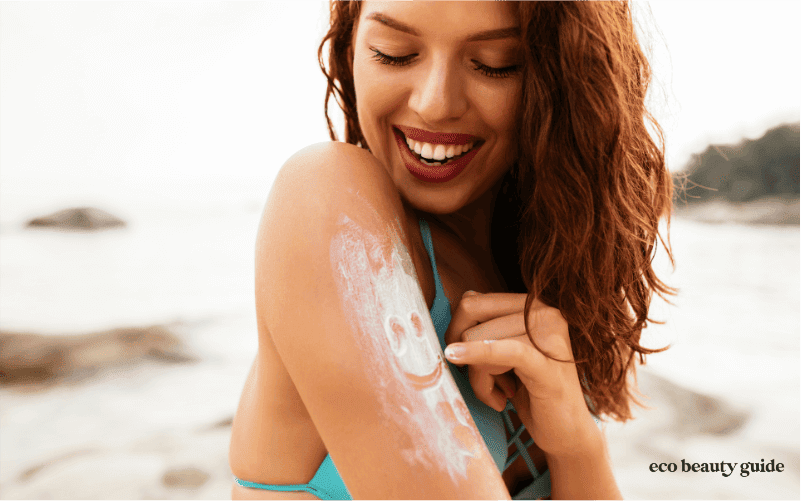
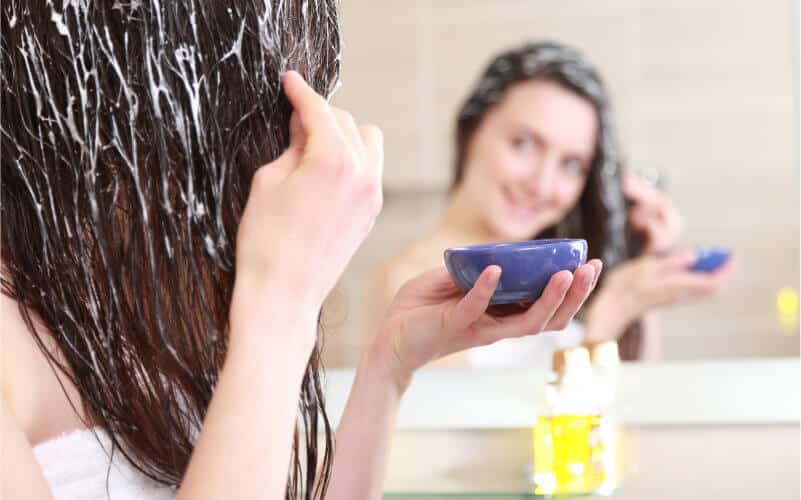
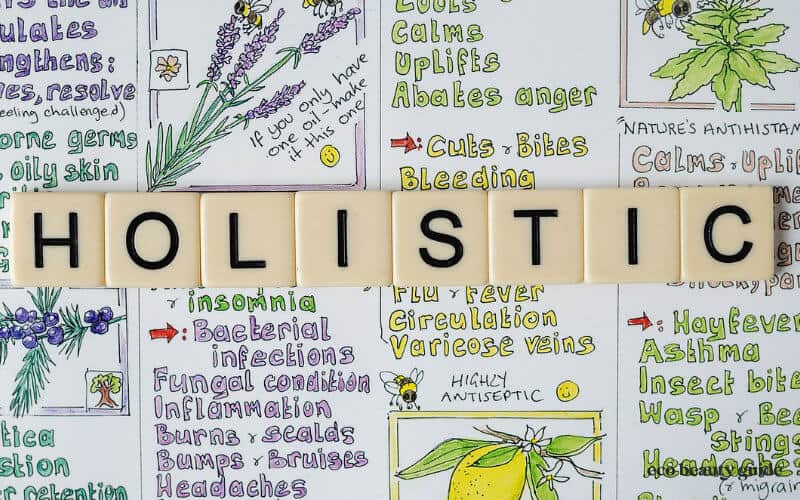
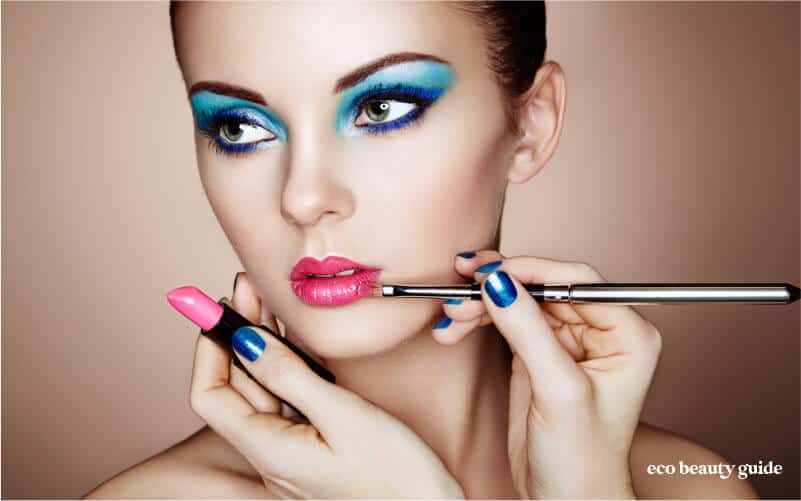
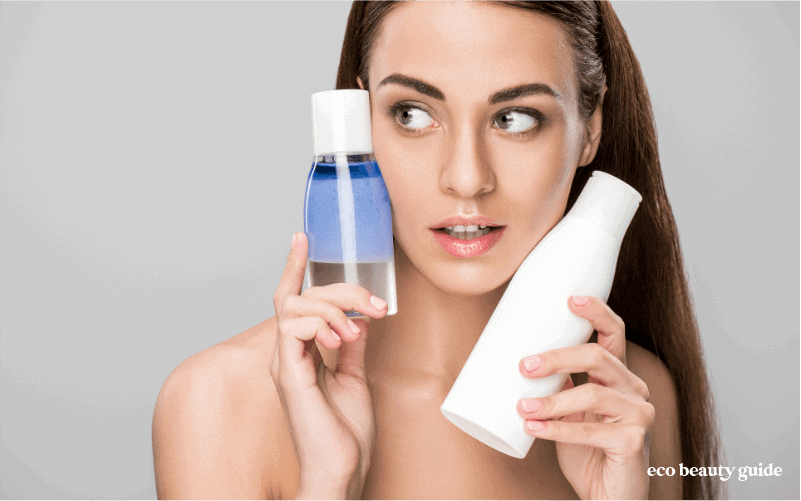
Jazkallah for all the useful information, there is so much here to take in. I really like the table very useful for easy reference. I never knew that Dove products were tested in such a way. I feel much more aware and enlightened.
Jazkallah for all the useful information, there is so much here to take in. I really like the table very useful for easy reference. I never knew that Dove products were tested in such a way. I feel much more aware and enlightened.
Yeah it’s crazy how many of the big brands test on animals. I’m really glad you found the table useful. I use it often for looking up ingredients in the go.
Masha Allah! You covered a great deal of information here, and compiled a fantastic series of lists for future consultation. May Allah reward you well for your efforts!
Thank you. I’m glad you found it helpful.
Masha Allah! You covered a great deal of information here, and compiled a fantastic series of lists for future consultation. May Allah reward you well for your efforts!
Thank you. I’m glad you found it helpful.
Wow I had no idea about half of these things Masha’Allah such an informative post! I already boycotted the likes of Aveeno, it’s good to know that’s not in vain! Thanks for sharing!
Thank you. I’ve had to boycott many of my favorite brands after learning that they test on animals.
Wow I had no idea about half of these things Masha’Allah such an informative post! I already boycotted the likes of Aveeno, it’s good to know that’s not in vain! Thanks for sharing!
Thank you. I’ve had to boycott many of my favorite brands after learning that they test on animals.
Thank you for breaking this down for us. I had no idea that Hyaluronic Acid was produced from animals.
Thank you for breaking this down for us. I had no idea that Hyaluronic Acid was produced from animals.
Yes but many of the animal derived acids can be replaced with synthetic or plant based options.
Jazkallah Khair for taking the time to write such a detailed article. Its hard undetstadning the technical terms so thanks for enlightening me
Jazkallah Khair for taking the time to write such a detailed article. Its hard undetstadning the technical terms so thanks for enlightening me
The technical terms used to trip me up too but over time it all started to make sense.
Jazkallah Khair for taking the time to write such a detailed article. Its hard undetstadning the technical terms so thanks for enlightening me
The technical terms used to trip me up too but over time it all started to make sense.
Jazak’Allah khayr for such a comprehensive guide! I usually look for vegan options that are free of animal derived ingredients but sometimes even they have ethyl alcohol and other ingredients. This post is really helpful!
Jazak’Allah khayr for such a comprehensive guide! I usually look for vegan options that are free of animal derived ingredients but sometimes even they have ethyl alcohol and other ingredients. This post is really helpful!
Your welcome! I also try to get vegan products when I have no other option.
JazakAllah Khair for sharing! I didn’t realise that about Dove and sometimes use their products. Will make sure I don’t in future.
JazakAllah Khair for sharing! I didn’t realise that about Dove and sometimes use their products. Will make sure I don’t in future.
I used to love Dove too. Now I just make my own soaps to avoid all the nasty ingredients in commercial brands.
Masha Allah a very detail article regarding halal and haram products etc
Masha Allah a very detail article regarding halal and haram products etc
Thank you. I’m glad you liked it.
I’m glad you liked it!
A very informative post, a wealth of knowledge! I love learning new things especially when it helps with my own faith. Thank you so much for posting ❤️
You’re welcome!
A very informative post, a wealth of knowledge! I love learning new things especially when it helps with my own faith. Thank you so much for posting ❤️
You’re welcome!